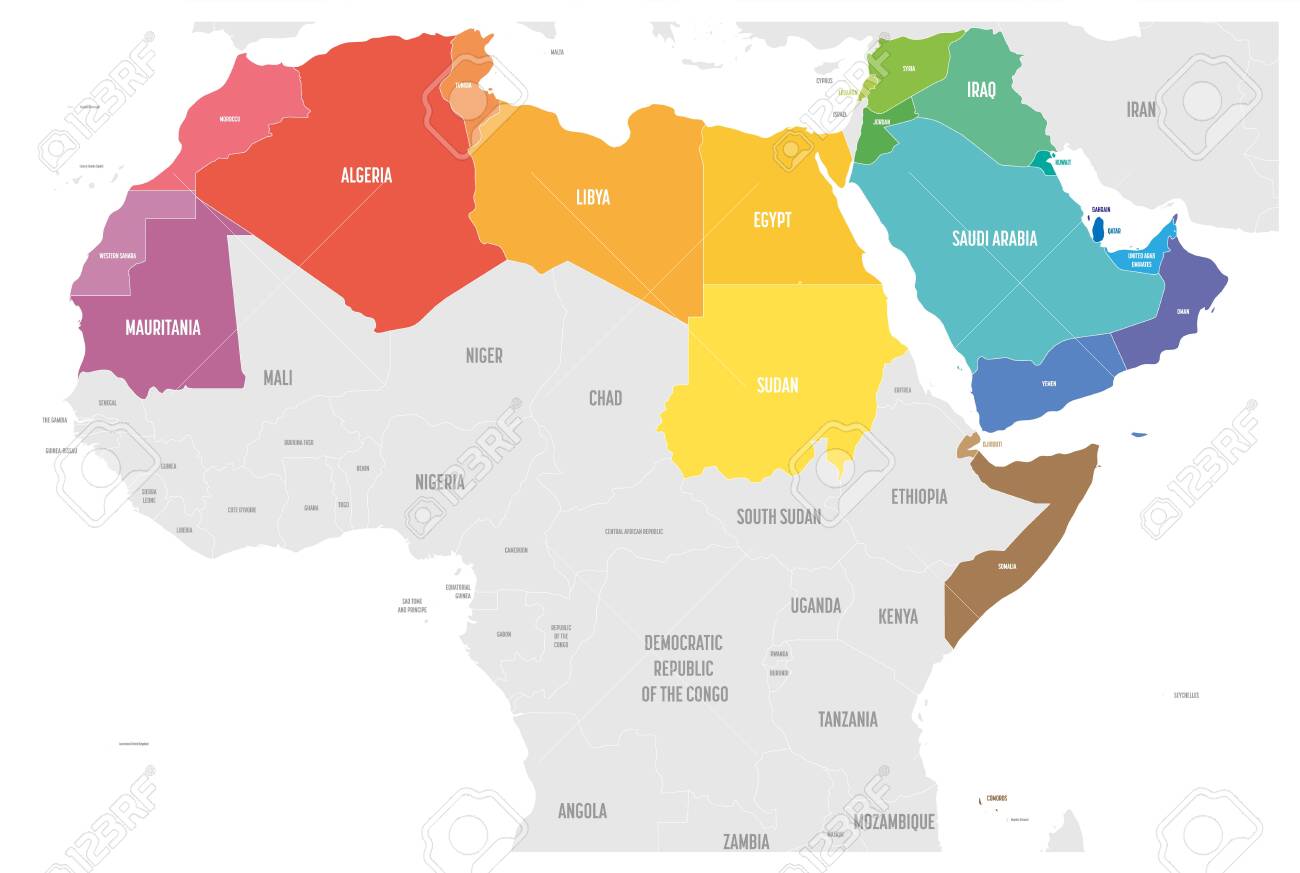(Opinion) The recent invitations extended to Egypt, Saudi Arabia, and the United Arab Emirates (UAE) to join the BRICS coalition marks a significant stride in global politics and economics.
Ahmed Abulgueit, the Secretary-General of the Arab League, promptly took to social media to laud this development, signifying the growing stature of the Arab world on the global stage.
The inclusion of these Arab nations into BRICS, a group of emerging economies, is not merely a testament to their rising prominence but also heralds a plethora of advantages for both BRICS and the Arab world.
At the forefront of these benefits is economic diversification.

Arab nations, already pivoting their economies away from oil, can find in BRICS an opportunity for partnerships in technology, renewable energy, and infrastructure, thereby enhancing the bloc’s investment capacities.
From a geopolitical standpoint, the strategic position of the Arab countries serves as a nexus between the East and West.
This makes them instrumental in facilitating smoother trade channels, boosting BRICS’ stature as a formidable geopolitical player.
Beyond economics and politics, the inclusion promises cultural enrichment.
The vibrant and diverse cultures of the Arab world can infuse the BRICS alliance with renewed vitality.
As these nations engage in joint educational and cultural ventures, they pave the way for mutual appreciation and reinforced diplomatic relations.
Moreover, the historical and strengthening bonds that Arab countries share with Eastern powerhouses like China and Russia allow BRICS to counterbalance the prevailing Western dominance, ushering in a more globally equitable influence.
Lastly, the collective bargaining power of BRICS is set to amplify with the Arab world’s established clout in global economic and political arenas, enabling the bloc to navigate international forums and debates assertively.
Announced by the South African President at the 15th Heads of State and Government Summit in Johannesburg, this inclusion has been met with varied reactions.
Enthusiasm from the UAE and Egypt and a more measured response from Saudi Arabia, which awaits further membership specifics.
This integration, marked by the visionary pursuits of nations like the UAE and Saudi Arabia, promises a future of fruitful cooperation, economic dynamism, and strengthened ties among member countries.

